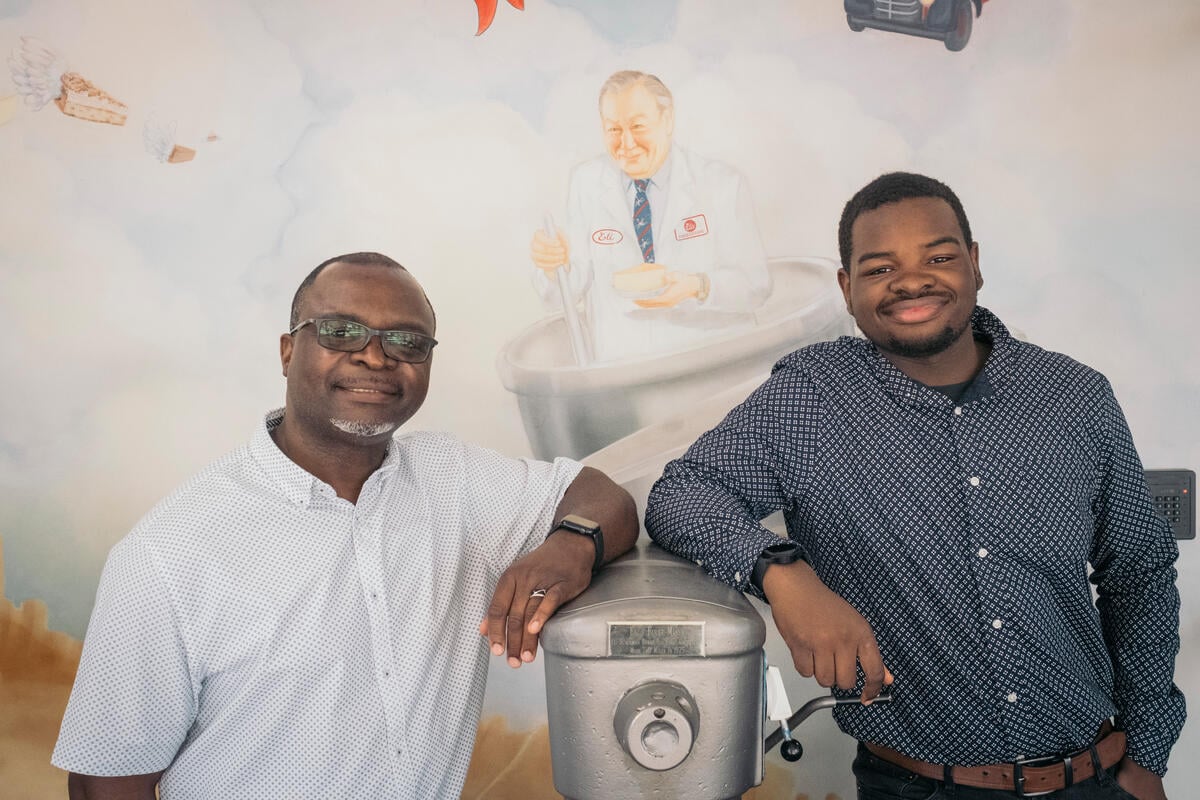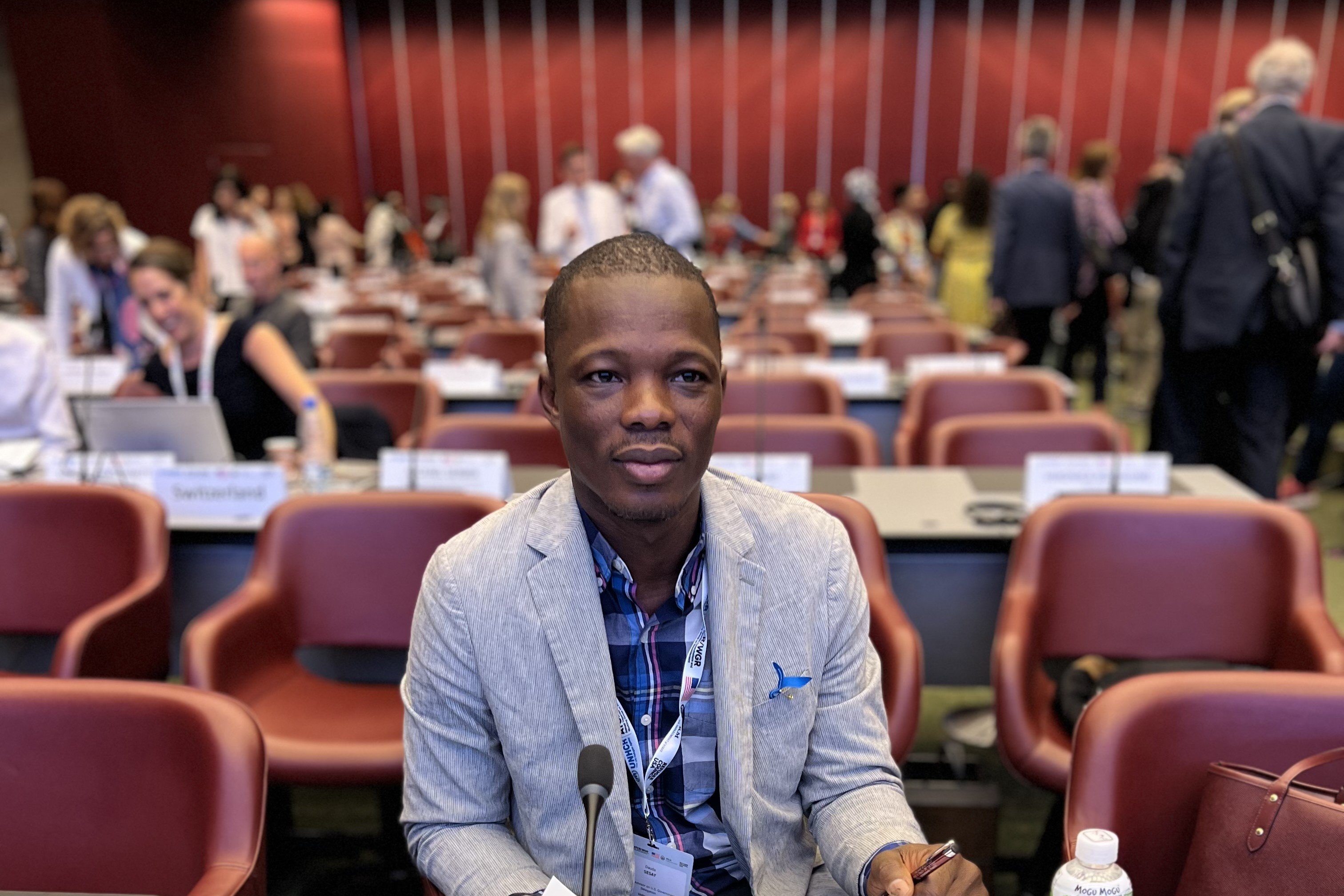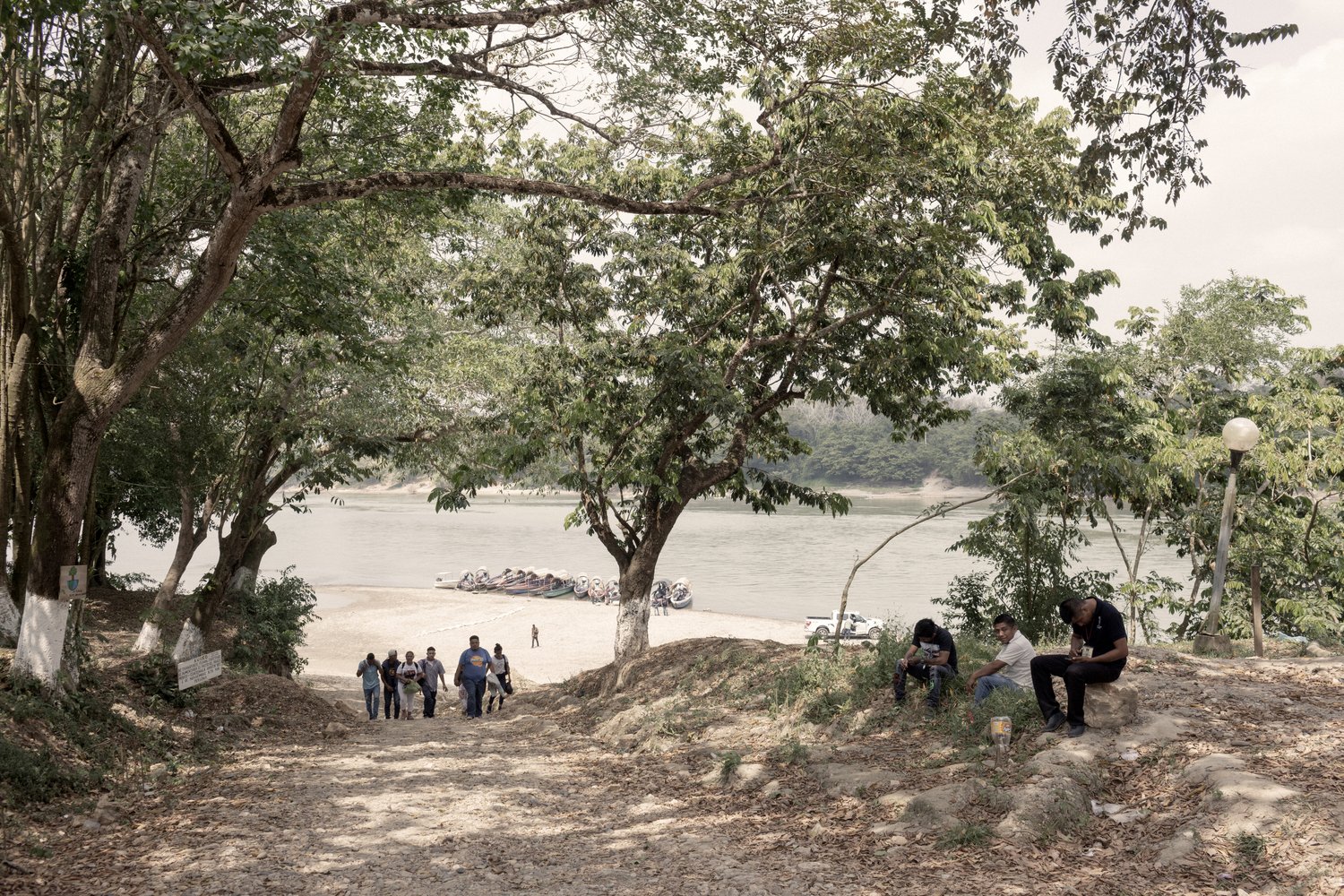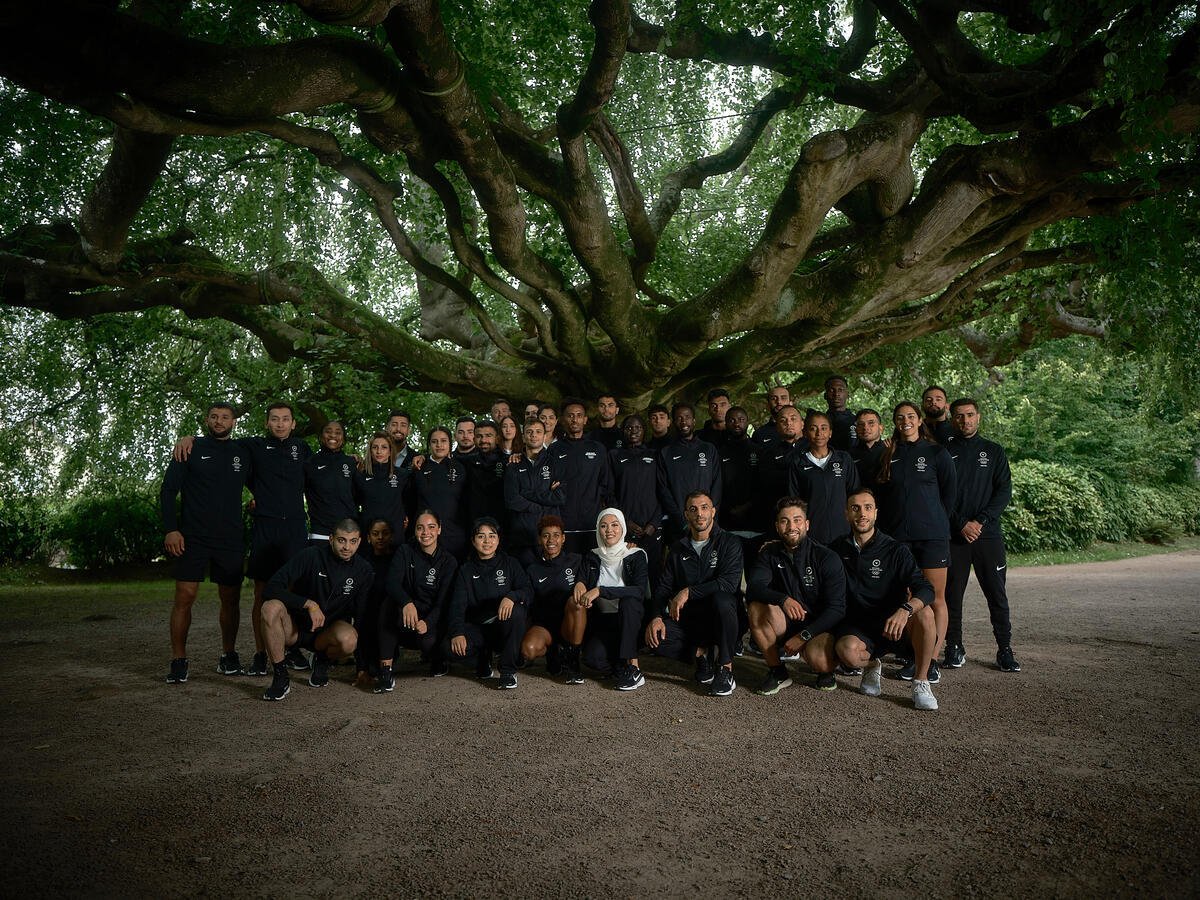More businesses commit to helping refugees thrive with new jobs, trainings, investment
More businesses commit to helping refugees thrive with new jobs, trainings, investment
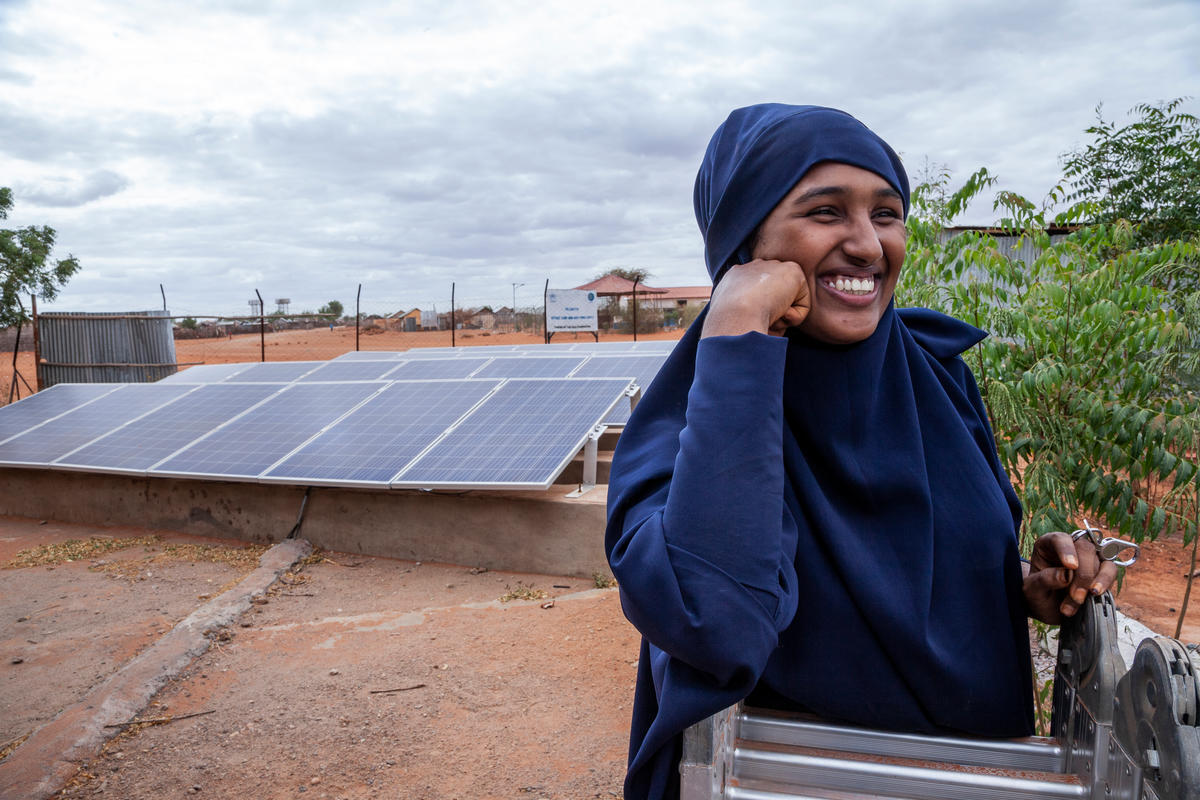
NEW YORK – For an increasing number of companies and investors, the refugee crisis is becoming both an economic and philanthropic opportunity. During the UN General Assembly in New York, over 20 companies affirmed new commitments to help refugees by establishing partnerships with UNHCR and other humanitarian organizations.
“We have historic records of people on the move today, but we can see this as an opportunity,” said UN Deputy High Commissioner for Refugees Kelly T. Clements, highlighting the important role of the private sector in the global refugee response. “But it can’t be an opportunity if we don’t have everyone involved. We can’t do this alone.”
From employing thousands of refugees to investing millions of dollars in skills training, technology and educational equipment, this week big companies like Microsoft, IKEA, H&M, Sodexo and Hilton publicly announced concrete plans and benchmarks to help thousands of refugees, sparking their hope to thrive.
Microsoft announced that the IT giant will invest in a partnership with UNHCR to develop a new model for digital literacy training and skills development over the course of three years. The partnership will focus on strengthening market-oriented training opportunities at Kakuma refugee camp in Kenya, where it aims to empower 25,000 refugees and host community youth by 2021.
"It can’t be an opportunity if we don’t have everyone involved."
“All refugees, and the communities that host them, should have access to accredited, quality, and relevant digital learning and market-oriented training opportunities,” said Brad Smith, president and chief legal officer of Microsoft, at the Concordia Annual Summit.
Chobani CEO Hamdi Ulukaya is a long-time, passionate refugee advocate. He was not satisfied with only offering job opportunities: “We don’t just want to hire refugees, we want to do more.”
His commitment to helping refugees inspired him to create the Tent Partnership for RefugeesLink is external, a coalition that has rallied support for refugees from over 100 businesses in less than three years.
“In today’s world, the private sector is the most effective change-maker,” Ulukaya said.
At an event organized by Tent and the World Bank, 20 companies announced that they will put into place initiatives to support refugees and host communities in Jordan and around the world, including jobs, training, investments, and new business lines.
“It's not a choice, but a responsibility,” he added. “I hope today inspires many more companies to do their part and help give the millions of men, women, and children who've lost everything the future they deserve.”
"In today’s world, the private sector is the most effective change-maker."
“Refugees are people just like you and me,” said the CEO of IKEA Foundation, Per Heggenes, at the Concordia Global Summit. “They want a purpose in life. They have goals, they have skills. All they want is to have a job.”
Heggenes explained how IKEA Foundation has invested US$100 million in a multi-year sustainable development plan in Ethiopia, which benefits both refugees and their hosts by strengthening the region’s infrastructure and services. “We want to create solid communities that can live in harmony,” Heggenes added.
Many other business leaders echoed Heggenes’s call for sustainable, long-term goals for private sector support to refugees. “Refugees are the hardest workers I have ever met. They are loyal and smart,” said the CEO of Hissho Sushi. The sushi provider will help 1,250 refugees become franchise owners by 2023 as it expands its locations across the United States.
Sodexo, an international provider of life services, committed to hiring 300 refugees in the United States, Canada, Brazil and Sweden by 2020. “It is the smart thing to do, it is in our business interest,” said Rohini Anand, Sodexo’s senior vice-president for corporate social responsibility.
“The need to mobilize the private sector in support of the refugee crisis is of critical importance today,” said Concordia Senior Programming Advisor Kevin Wenzel. “The private sector has an enormous contribution to make, not only in terms of financial resources, but also in terms of proposing long-term business models that focus on reintegrating refugees into society in an effective way.”
"Refugees are the hardest workers I have ever met."
Facilitating the movement of capital into the countries hosting the highest numbers of refugees is a priority for the World Bank, said its president, Jim Yong Kim. “The donor community has a responsibility to set incentives so that more companies will do it,” Kim said. “We can still find ways to create the right incentives.”
UNHCR Deputy High Commissioner Clements pointed at the fact that a refugee will remain an average of 25 years in a refugee camp: “That’s why the private sector is an essential partner.” It is not a temporary situation anymore, it’s a long-term investment.
UNHCR's #WithRefugees coalition currently includes more than 400 universities, foundations, faith-based organizations, youth groups, UN agencies and NGOs. Learn more about it here.

